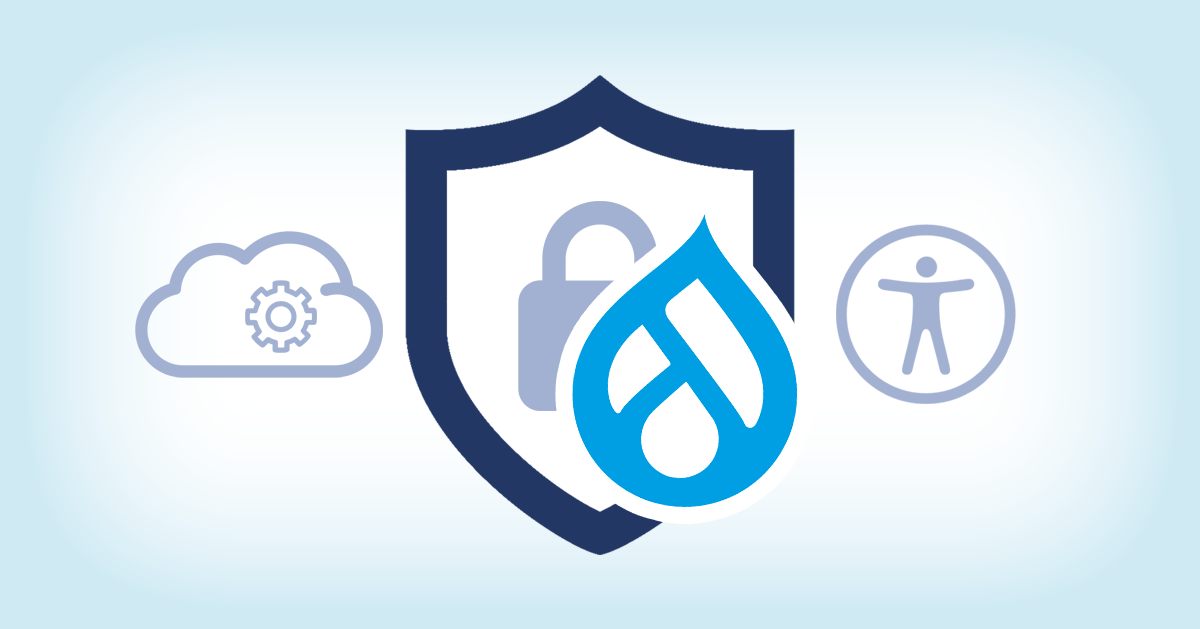
In today's digital age, government agencies are tasked with delivering seamless, secure, and accessible online experiences to their constituents.
To meet these demands, many are turning to Drupal, a robust content management system (CMS) renowned for its flexibility and reliability. Notably, as of 2021, 56% of the world's government websites utilize Drupal, spanning over 150 countries.
Key Advantages of Drupal for Government Websites:
- Compliance: Government agencies must adhere to various laws and standards, including privacy regulations and information security protocols. Drupal's architecture facilitates compliance with these requirements, ensuring that digital services operate within legal frameworks.
- Security: Protecting against cyber threats is paramount for government websites. Drupal offers robust security features to safeguard against issues like data breaches and fraud, maintaining public trust and the integrity of governmental operations.
- Accessibility: Ensuring that digital content is accessible to all citizens, including those with disabilities, is both a legal and ethical obligation. Drupal's commitment to accessibility helps agencies meet standards such as WCAG 2.0 Level AA, promoting inclusivity.
- Flexibility: Drupal's modular design allows government websites to adapt to various needs, supporting a wide array of public services and communication methods. This flexibility reduces the burden on government employees and enhances constituent engagement.
- Scalability: As demand for digital services grows, Drupal enables websites to scale efficiently, handling increasing traffic and expanding features without compromising performance. For instance, agencies can deploy multilingual support to cater to diverse populations.
- Transparency: Drupal supports transparency by providing tools that allow government agencies to clearly communicate their spending and operations to the public, fostering accountability and trust.
Drupal's comprehensive features make it an ideal choice for government agencies aiming to modernize their digital services. By prioritizing compliance, security, accessibility, flexibility, scalability, and transparency, Drupal empowers agencies to deliver personalized and efficient experiences to their constituents, reinforcing public trust and enhancing civic engagement.
Read our case study on how we worked with USAID OIG to transform, upgrade, and migrate to a newer Drupal application.



